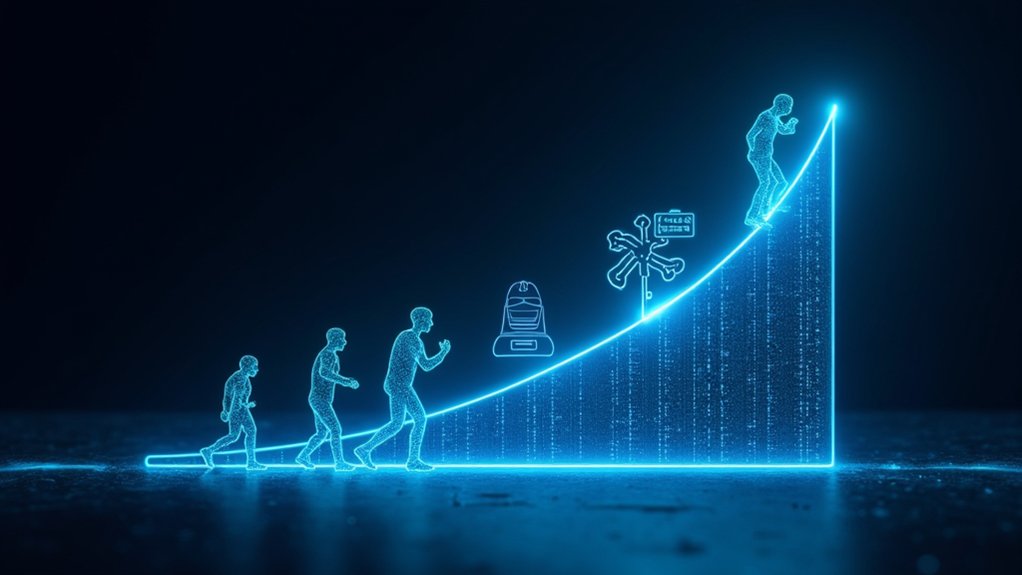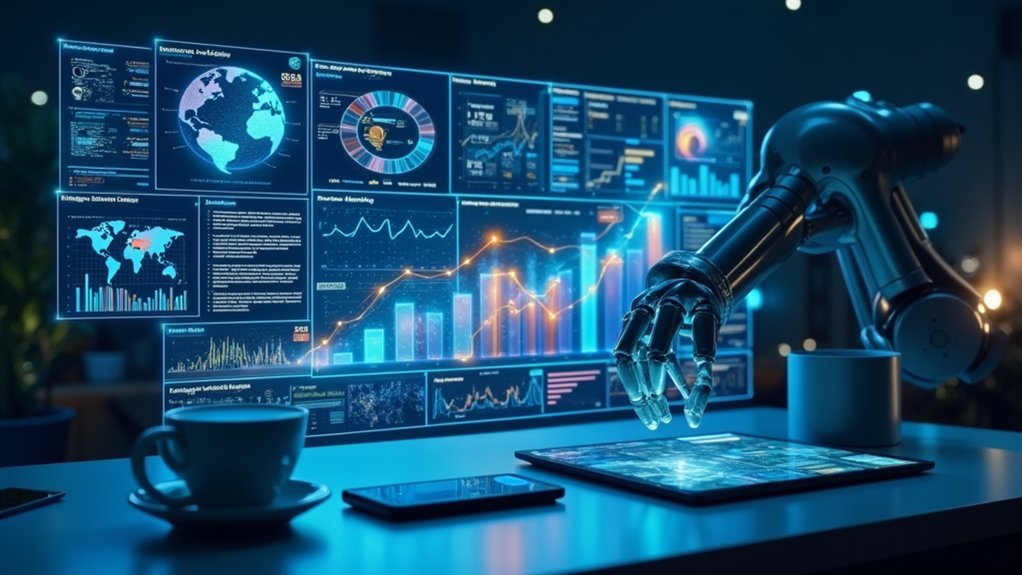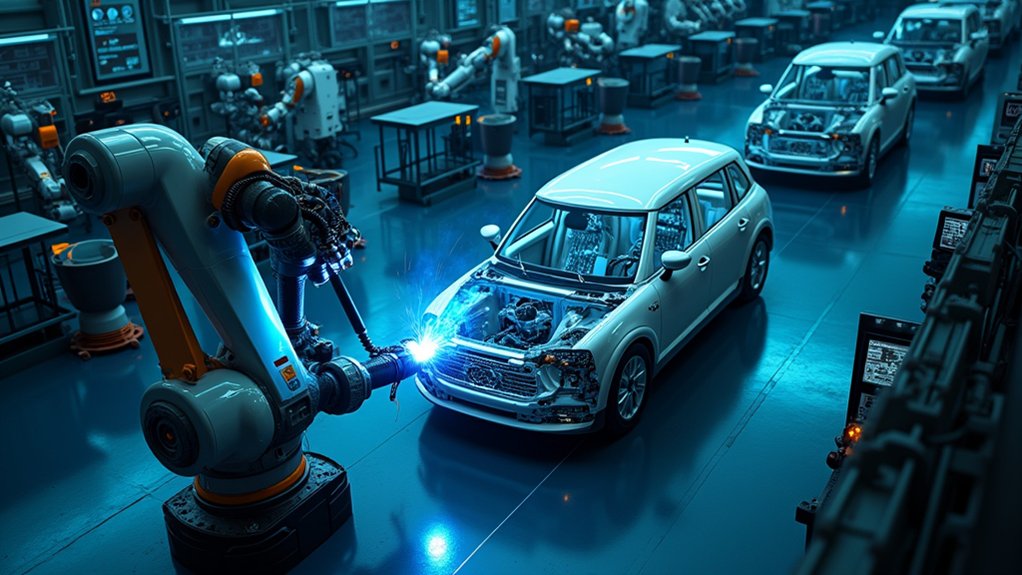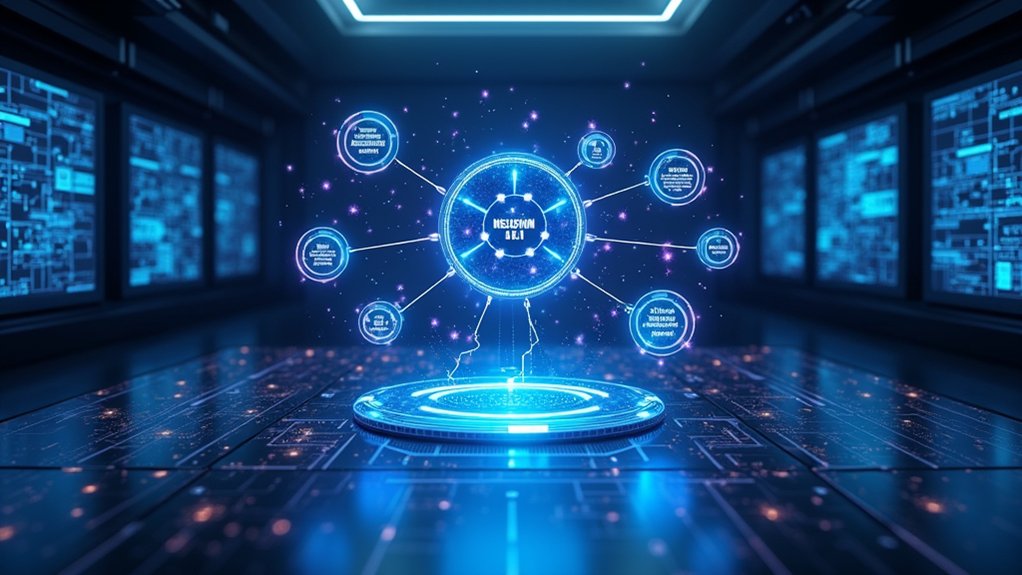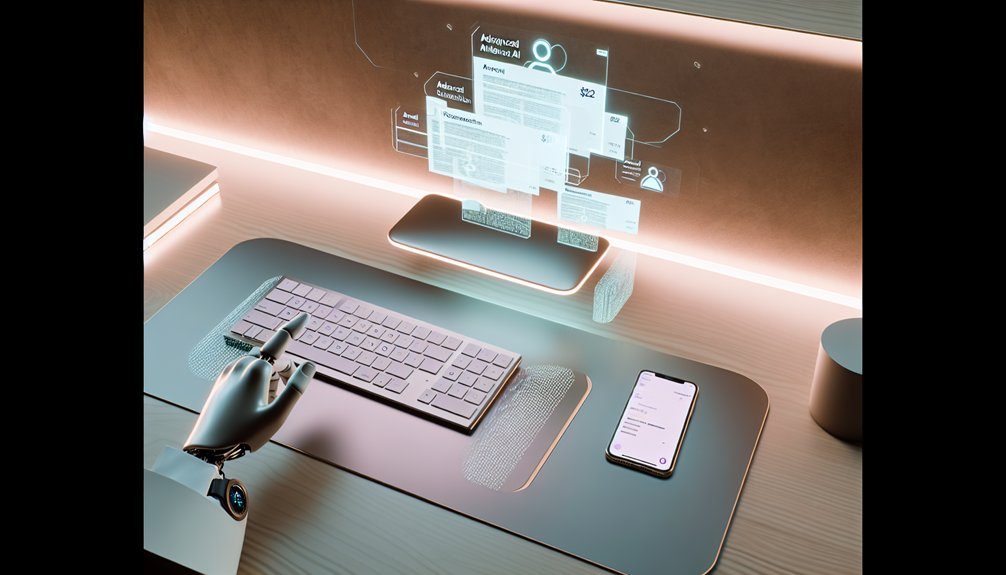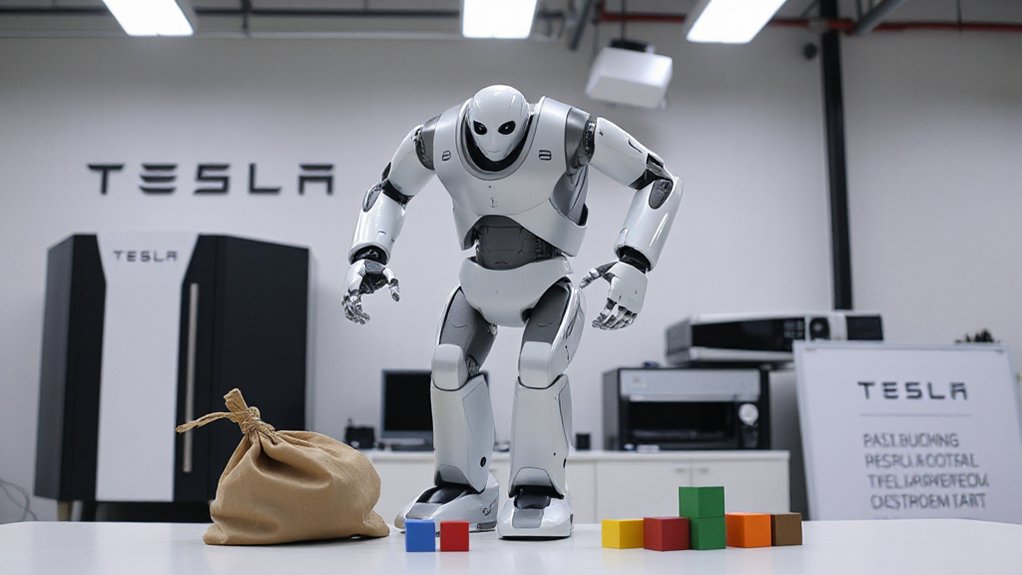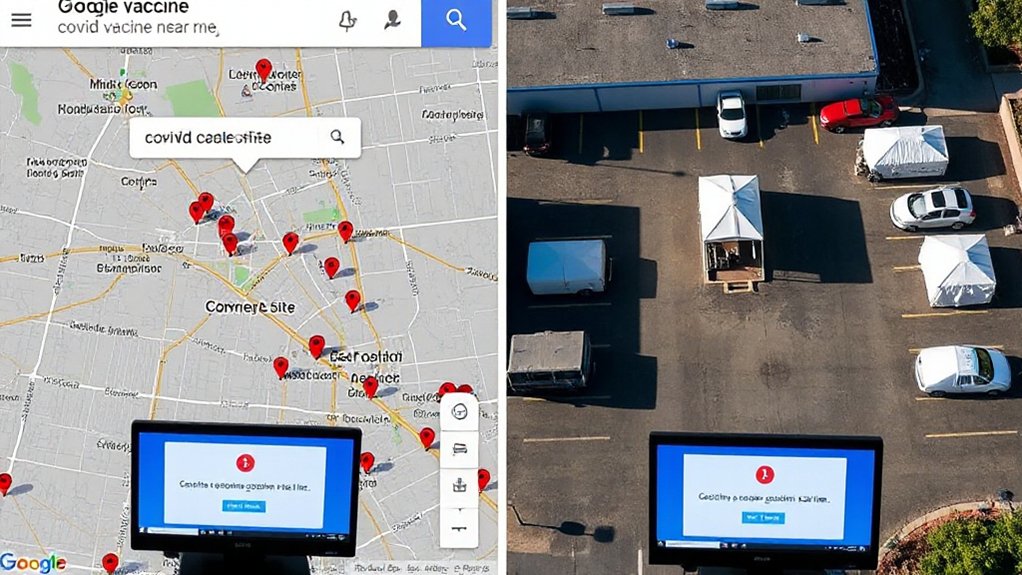AI is set to replace jobs across multiple industries by 2030. Around 300 million positions worldwide could be affected, with 46% of administrative tasks at high risk. Customer service, finance, retail, and transportation sectors face significant disruption. While AI may displace workers, it's also creating new roles in development, cybersecurity, and ethics. The economic impact will likely reshape the entire job landscape by 2040.
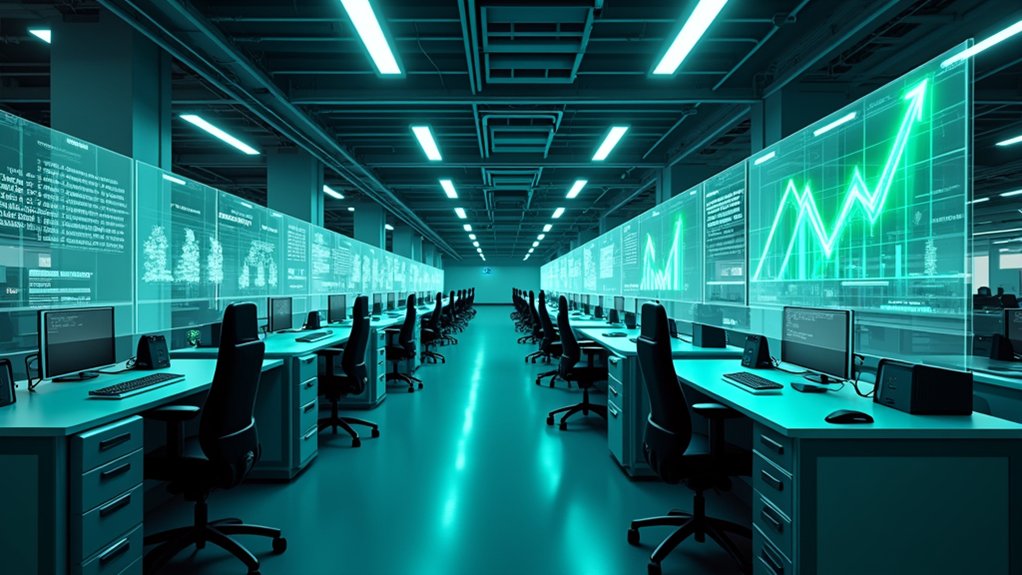
Millions of workers around the world face a changing job landscape as artificial intelligence continues to reshape industries. Experts predict AI could displace about 300 million jobs globally by 2030. This means 14% of the workforce might need to switch careers entirely as their current jobs disappear or change dramatically.
Office workers face significant challenges, with 46% of administrative tasks vulnerable to automation. Customer service representatives are particularly at risk as AI chatbots become more sophisticated. Financial and insurance sectors are seeing rapid AI adoption, with many routine analysis tasks now handled by computer programs.
Other vulnerable industries include retail, where AI manages inventory and customer interactions, and manufacturing, where smart robots handle repetitive tasks. Transportation jobs face uncertainty as self-driving technology advances. Even healthcare is changing, with AI helping diagnose patients and manage medical records.
The shift is already happening. About 25% of routine tasks are now handled by AI, and 70% of companies plan to use AI by 2030. Almost 4,000 US jobs were lost in May 2023 due to direct AI implementation. Nearly half of businesses expect AI-related layoffs in 2024 alone. The full impact will likely be felt by 2040.
Not everyone faces the same risk. Workers without college degrees and those in routine jobs face more displacement. Older employees may struggle to learn new skills, while younger workers often adapt more quickly. Young professionals aged 18-24 are 129% more likely to worry about AI causing job loss compared to their older colleagues. Urban areas will likely see faster AI adoption than rural regions.
The economic effects are mixed. While AI may reduce wages in some fields by up to 70%, it could also boost global GDP by $15.7 trillion by 2030. However, this growth might not benefit everyone equally, potentially widening income gaps.
New jobs are emerging too. Companies now need AI developers, data scientists, cybersecurity experts, and AI ethics specialists. Roles that help humans work alongside AI are becoming essential. While many traditional jobs will disappear, new opportunities will arise for those who can adapt to the AI-driven economy. Businesses must embrace the AI Revolution to remain competitive in an increasingly digitally driven marketplace.
Frequently Asked Questions
How Quickly Will AI Replace Jobs in Creative Industries?
AI's impact on creative jobs is evolving gradually. About one-third of creative professionals see AI as beneficial, while 36% report minimal effects so far.
By 2030, AI could replace 9.1% of global jobs, with creative industries facing varied disruption. Low-quality content creation and repetitive design work are most vulnerable.
The replacement timeline depends on technology advancement, company adoption rates, regulations, and workers' ability to adapt to new roles.
What Retraining Options Exist for Workers in At-Risk Professions?
Workers facing job risks have multiple retraining paths.
Government programs like Worker Retraining Program and Job Corps provide tuition help and vocational training.
Community colleges offer short-term certificates in high-demand fields.
Major companies including Amazon and Walmart have created employee education initiatives.
Online platforms such as Coursera and Google Career Certificates deliver flexible learning options that can be completed in months rather than years.
Can AI Truly Replace Human Judgment in Critical Decision-Making Roles?
AI can't fully replace human judgment in critical roles. While AI excels at processing data, it lacks contextual understanding and emotional intelligence.
Experts note that AI struggles with ambiguity and ethical considerations. The most effective approach combines AI analysis with human oversight—called augmented intelligence.
In areas like strategic leadership, crisis management, and ethical decision-making, human judgment remains superior due to intuition and experience-based insights.
Which Jobs Are Most Resistant to AI Replacement?
Jobs requiring high emotional intelligence remain most resistant to AI replacement.
Mental health professionals, social workers, and teachers connect with people in ways machines can't.
Creative roles like writers, musicians, and designers rely on original human expression.
Complex problem-solvers such as researchers and lawyers use nuanced judgment.
Skilled trades requiring physical dexterity—plumbers, surgeons, and chefs—also maintain an edge over automation technology.
How Will Employment Laws Adapt to AI Workforce Transformation?
Employment laws are evolving to address AI's impact on work.
New regulations will likely expand discrimination protections to cover AI-related attributes and require transparency in automated hiring decisions.
Laws may redefine "employee" status for AI-augmented workers and update wage standards for AI-assisted productivity.
Additional protections could include expanded unemployment benefits for displaced workers and retraining programs, while establishing worker rights to contest AI-based decisions.

